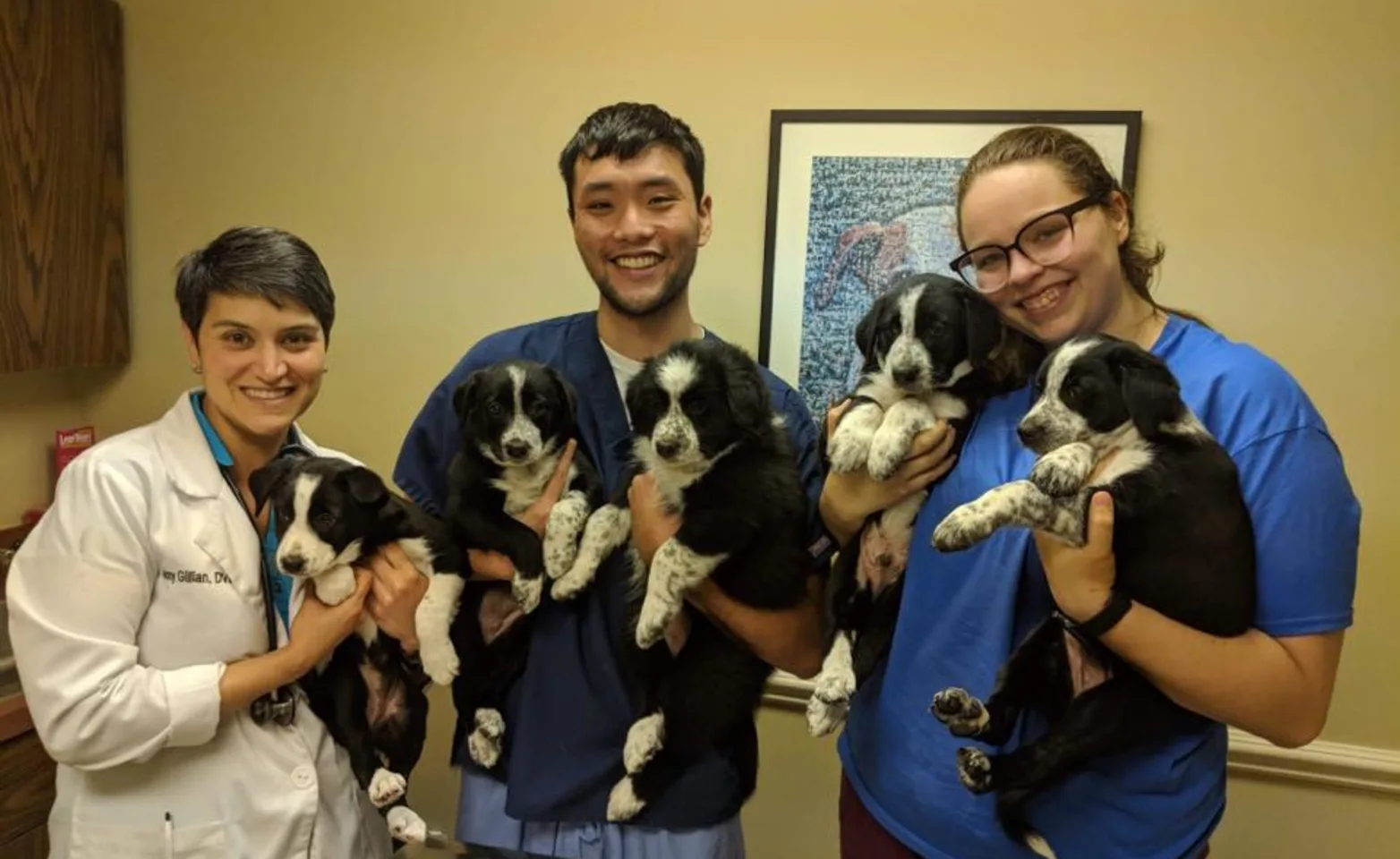Carver Street Animal Hospital






Your Pet Deserves the Best Care
As Durham has grown, Carver Street Animal Hospital has also grown. We have updated our equipment and facilities so that we may provide the local pet community with the best possible care. We understand that your pet is an integral part of your family. Our policy is to provide informative, supportive care and services for every stage of your pet's life.
The Carver Street Animal Hospital team of veterinarians and staff offer the Durham area pet owners the following: daytime Urgent veterinary support, wellness and preventive healthcare, as well as medical, surgical and dental services. With our in-house pharmacy, in-house laboratory equipment and access to specialists, we offer your pets' complete health and medical care in one stop.
Client Testimonials & Reviews
We value our clients’ experience at Carver Street Animal Hospital. Here’s what some of your neighbors are saying about us. Feel free to visit our Yelp Reviews page to see additional reviews.





